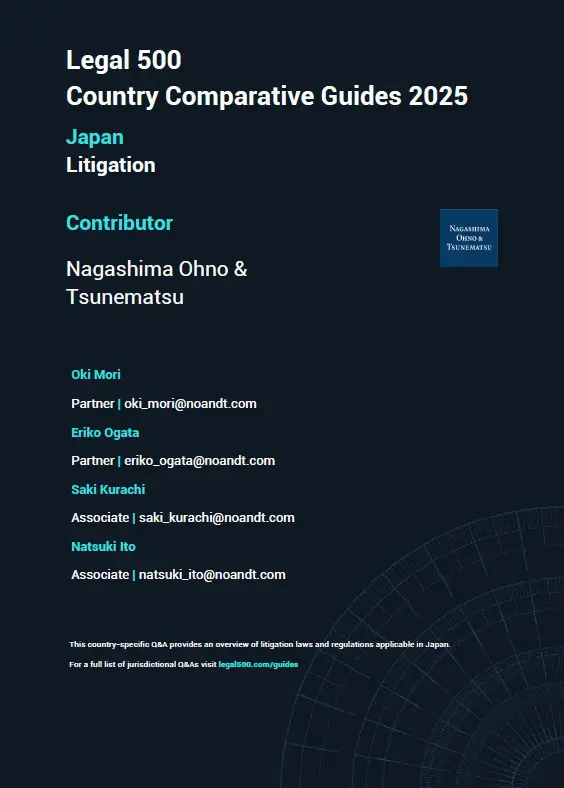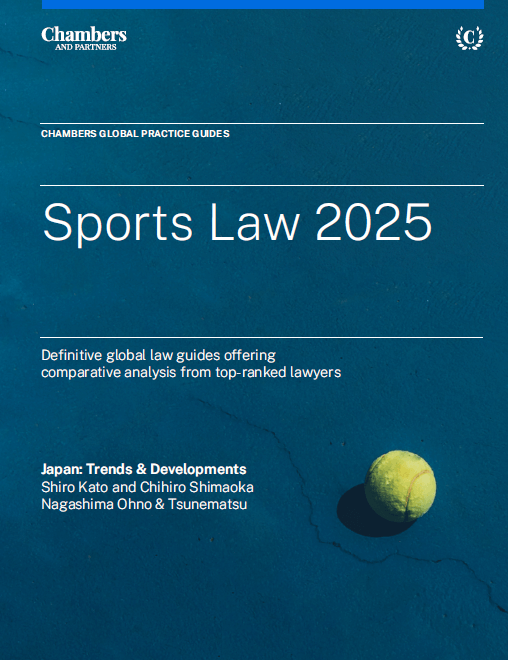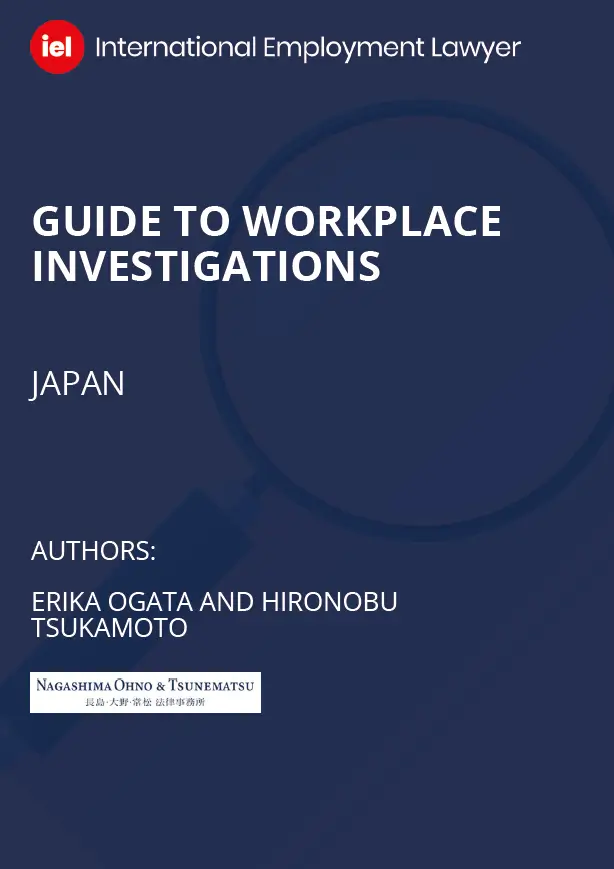
NO&T Thailand Legal Update
This article is also available in Japanese.
Although the trend in respect of remote work is continuously increasing, the line between home life and working hours remains unclear. Many workers who work from home may feel that they need to make themselves available for work at all times, e.g., answering calls and messages, which can lead to more stress and burnout for them.
On 19 March 2023, the 8th amendment to the Labor Protection Act of 2023 (the “Amendment”) was published in the Royal Gazette, adding Section 23/1 to introduce new principles to support remote work by employees and the right to disconnect. The Amendment is intended to improve the Labor Protection Act of 1998 (the “LPA”) to support the current trend where employees may work from anywhere outside their employer’s workplace and to boost employee wellbeing and work engagement, while also solving traffic problems and reducing energy consumption.
In April 2023, the Department of Labour Protection and Welfare announced an explanatory note (the “Explanatory Note”) to ensure the full understanding and compliance of both employers and employees in respect of the Amendment.
This newsletter summarizes the details of the Amendment and Explanatory Note for your ease of understanding.
The Amendment added Section 23/1 to establish the principles in respect of remote work by employees and the right to disconnect. An unofficial translation is as follows:
Section 23/1. For the sake of an employer’s business operations and to boost the quality of life and work of an employee or in case it is necessary, the employer and the employee may agree that the employee may bring their work in the course of employment or as agreed with the employer, which has the nature or conditions of such work enable the employee to conveniently perform it outside the workplace or outside the employer’s office, to perform at the home or residence of the employee or agree to allow the employee to work through the use of technology from any location.
The agreement under paragraph one shall be prepared by the employer in writing or in an electronic data that can be accessed and retrieved for use without changing the meaning thereof. The details that may be agreed on are as follows:
At the end of the normal working hours agreed upon by the employer and employee or at the end of the work assigned by the employer, the employee shall be entitled to refuse to communicate in any way whatsoever with the employer, supervisor, controller or inspector unless a written consent is given by the employee in advance.
The employee who works from home or residence or works through the use of technology from any location shall be entitled to the same rights as an employee working in the employer’s workplace or office.
The key takeaways are as follows:
Moreover, the agreement may contain additional conditions apart from the five items above, e.g., the requirement that a video camera be turned on during the working hours or the conditions for the employee to travel outside their home during the working hours.
According to the Explanatory Note, this provision shall prevent the employer from punishing the employee if the employee disconnects after normal working hours. However, even if the employee waives their right to disconnect, the employer would still be obligated to obtain the employee's consent for overtime work and to provide overtime pay as required by the LPA if the employer contacts the employee to perform the work.
The Amendment does not stipulate any punishment for any violation thereof. However, according to the Explanatory Note, if the employer fails to comply with the Amendment, such as by treating the remote employee unfairly compared to an on-site employee, a labor inspector may issue a written order requiring the employer to comply with the law under Section 139 (3) of the LPA. If the employer fails to comply with the labor inspector's order, they may be punished with a fine not exceeding THB 20,000 under Section 146 of the LPA.
As Section 23/1 is a newly added provision, there are currently no precedents regarding its implementation. Further, regarding this new law, several practical points remain unclear and require clarification. These include:
It is worth noting that, although the principles in Section 23/1 are similar to those of the Homeworkers Protection Act of 2010 and the Ministerial Regulation Concerning the Protection of Employees in Home-Based Work of 2004 issued under the LPA, the latter two conceptually focus on local enterprise workers who are paid on a per-piece basis. Therefore, employers with remote employees should verify the laws that are applicable to their particular cases.
The Amendment aims to improve the quality of life of employees and promote new ways of working in response to the current situation. However, in relation to the application of the Amendment, it will be necessary to wait for precedent cases and guidelines to clarify several practical points that remain unclear as this is a new law.
Should you require further details in respect of any measures or wish to receive further updates, please feel free to contact us.
This newsletter is given as general information for reference purposes only and therefore does not constitute our firm’s legal advice. Any opinion stated in this newsletter is a personal view of the author(s) and not our firm’s official view. For any specific matter or legal issue, please do not rely on this newsletter but make sure to consult a legal adviser. We would be delighted to answer your questions, if any.


Patricia O. Ko


Yuan Yao Lee


Yusei Uji


Shunsuke Minowa, Poonyisa Sornchangwat (Co-author)


Patricia O. Ko


Yuan Yao Lee


Yusei Uji


Shunsuke Minowa, Poonyisa Sornchangwat (Co-author)


Shejal Verma


(July 2025)
Oki Mori, Eriko Ogata, Saki Kurachi, Natsuki Ito (Co-author)


Patricia O. Ko


(April 2025)
Shiro Kato, Chihiro Shimaoka (Co-author)


Shejal Verma


Patricia O. Ko


(April 2025)
Shiro Kato, Chihiro Shimaoka (Co-author)


(January 2025)
Hironobu Tsukamoto, Eriko Ogata (Co-author)


Supasit Boonsanong, Thananya Pholchaniko, Phareeya Yongpanich (Co-author)


Patricia O. Ko


Claire Chong, Nozomi Kato (Co-author)


Yuan Yao Lee


Supasit Boonsanong, Thananya Pholchaniko, Phareeya Yongpanich (Co-author)


Patricia O. Ko


Claire Chong, Nozomi Kato (Co-author)


Yuan Yao Lee


Supasit Boonsanong, Thananya Pholchaniko, Phareeya Yongpanich (Co-author)


Nopparak Yangiam, Parot Promkam (Co-author)


Shunsuke Minowa, Poonyisa Sornchangwat (Co-author)


Shohei Sasaki, Shunsuke Minowa, Poonyisa Sornchangwat, Kwanchanok Jantakram (Co-author)